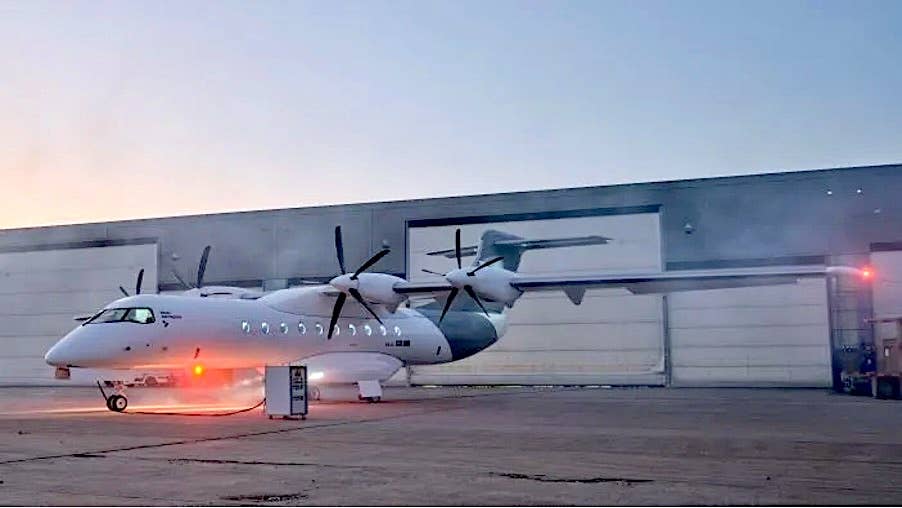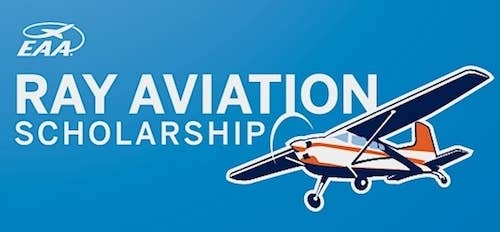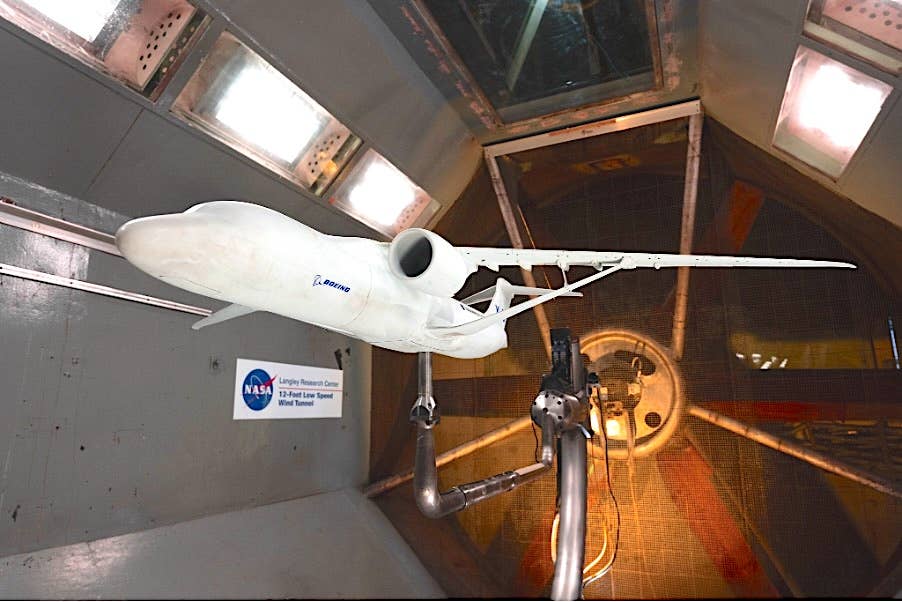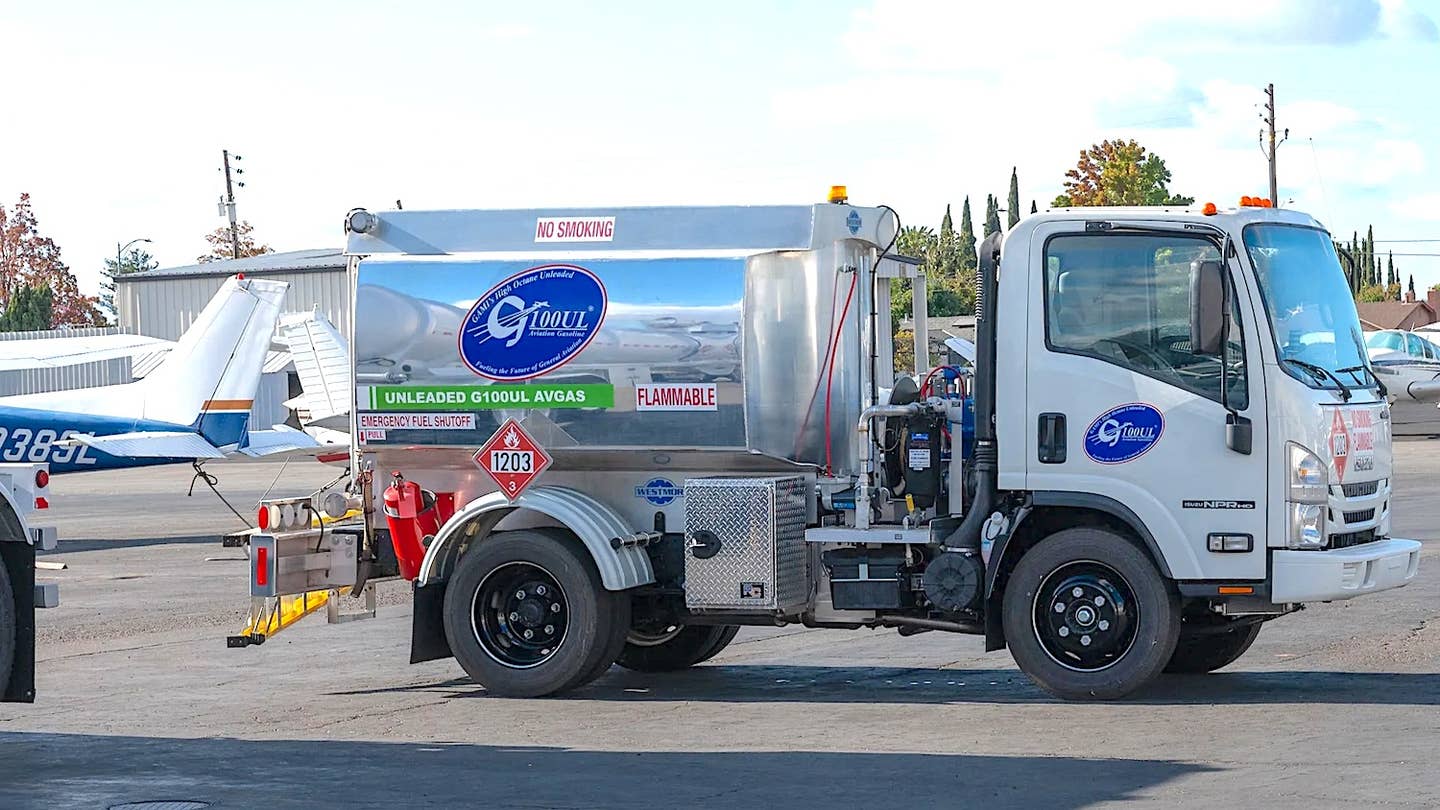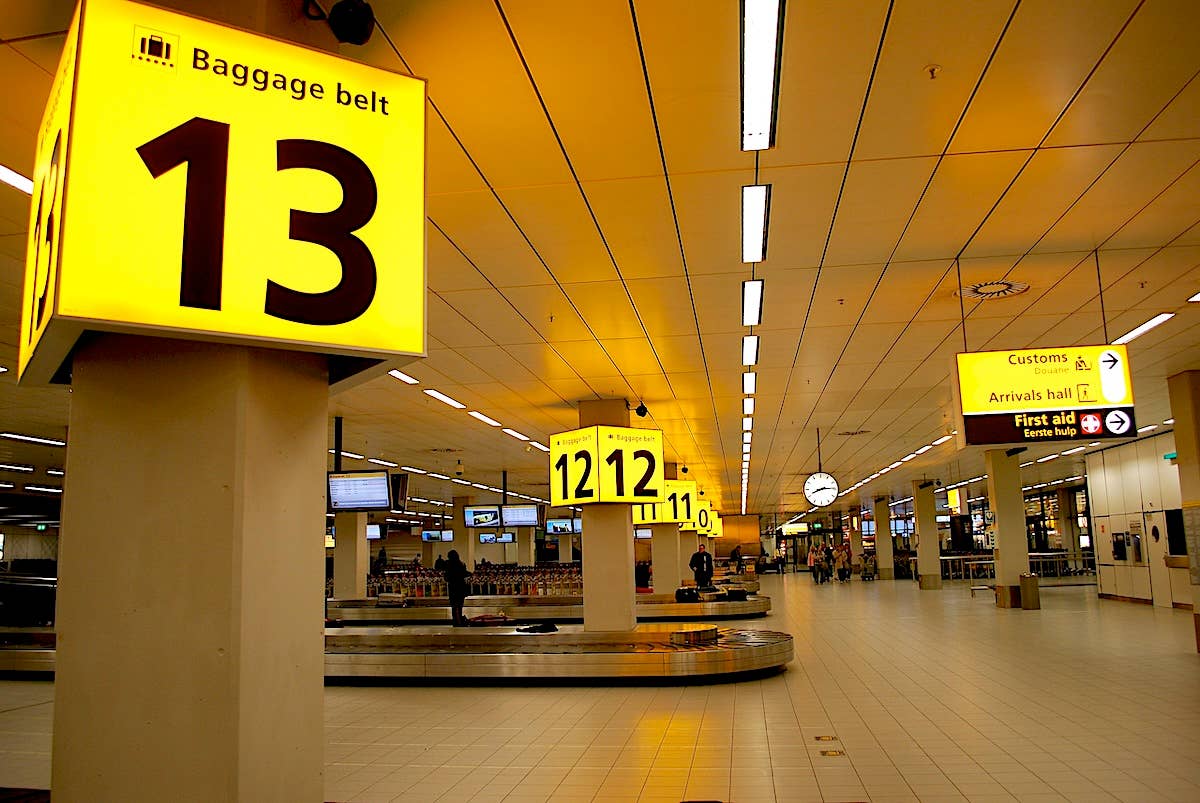Boeing Completes Autonomous Teaming Test Flights
Boeing has successfully completed a series of test flights using five “high-performance surrogate jets” operating autonomously in a team. The flights, which took place over ten days, were designed to…
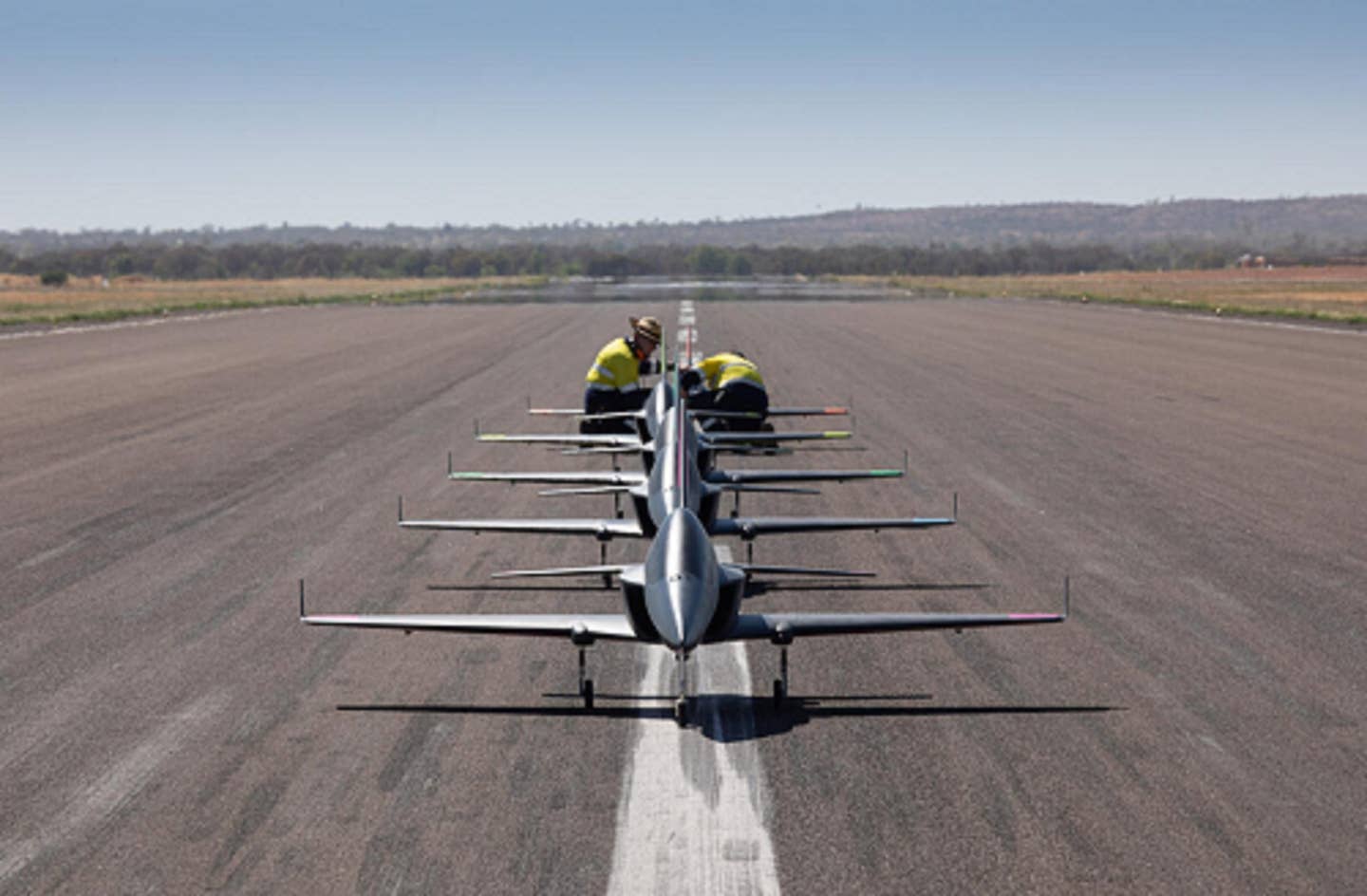
Image: Boeing
Boeing has successfully completed a series of test flights using five “high-performance surrogate jets” operating autonomously in a team. The flights, which took place over ten days, were designed to test Boeing’s advanced autonomy technology including onboard command and control and data sharing capabilities. The 3.4-meter (11-foot) test aircraft reached speeds of up to 270 kilometers per hour (168 mph/146 knots) during testing.
“The tests demonstrated our success in applying artificial intelligence algorithms to ‘teach’ the aircraft’s brain to understand what is required of it,” said Emily Hughes, director of Boeing Phantom Works International. “With the size, number and speed of aircraft used in the test, this is a very significant step for Boeing and industry in the progress of autonomous mission systems technology.”
Testing was conducted at the Queensland Flight Test Range in Cloncurry, Australia, as part of the company’s Advanced Queensland Autonomous Systems Platform Technology Project. Boeing worked with companies including RFDesigns, Amber Technology Ltd., Premier Box, McDermott Aviation and Five Rings Aerospace on the project. Boeing says technology and capabilities develop through the program will be used for future autonomous platforms along with the Boeing Airpower Teaming System.

